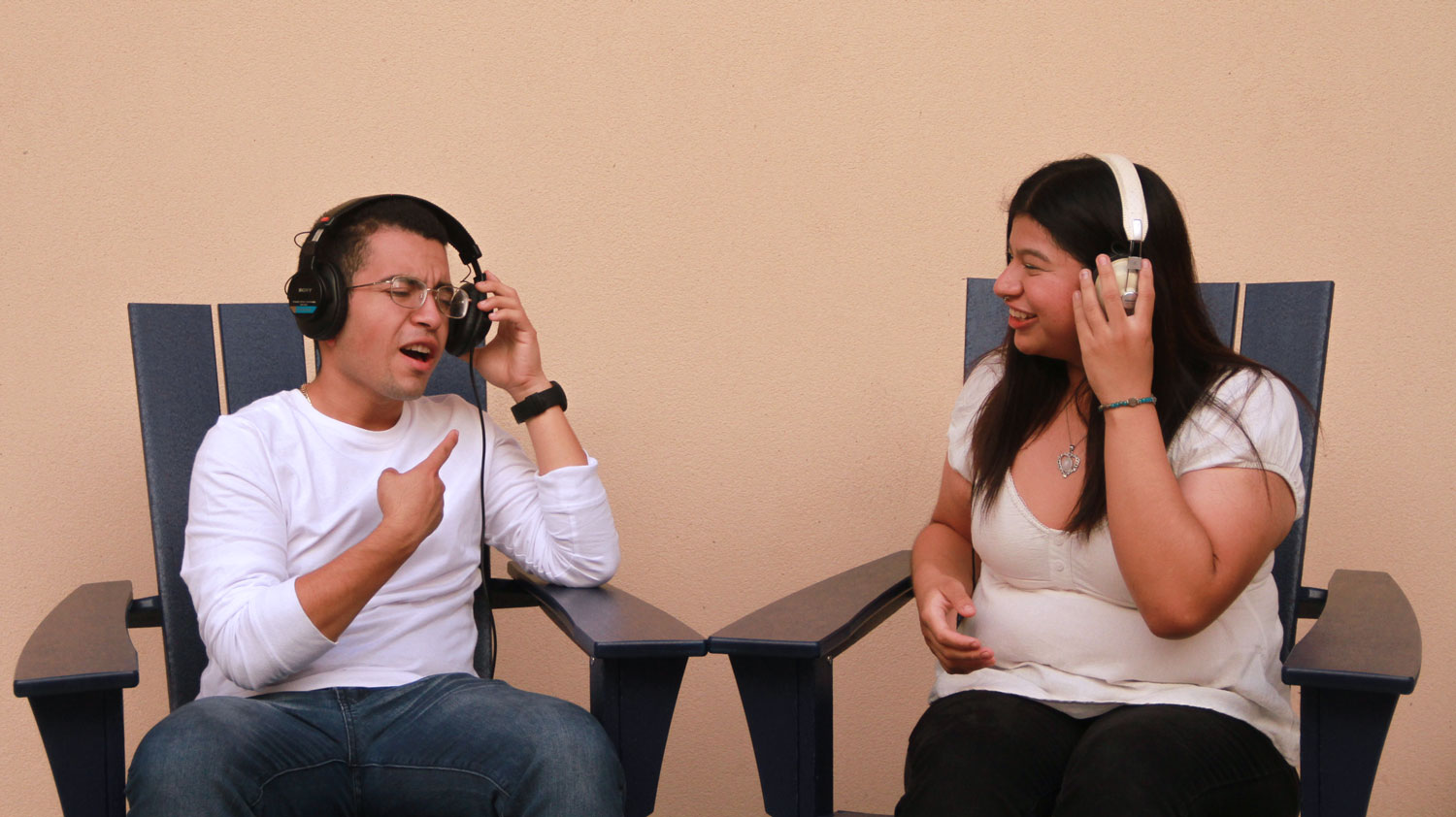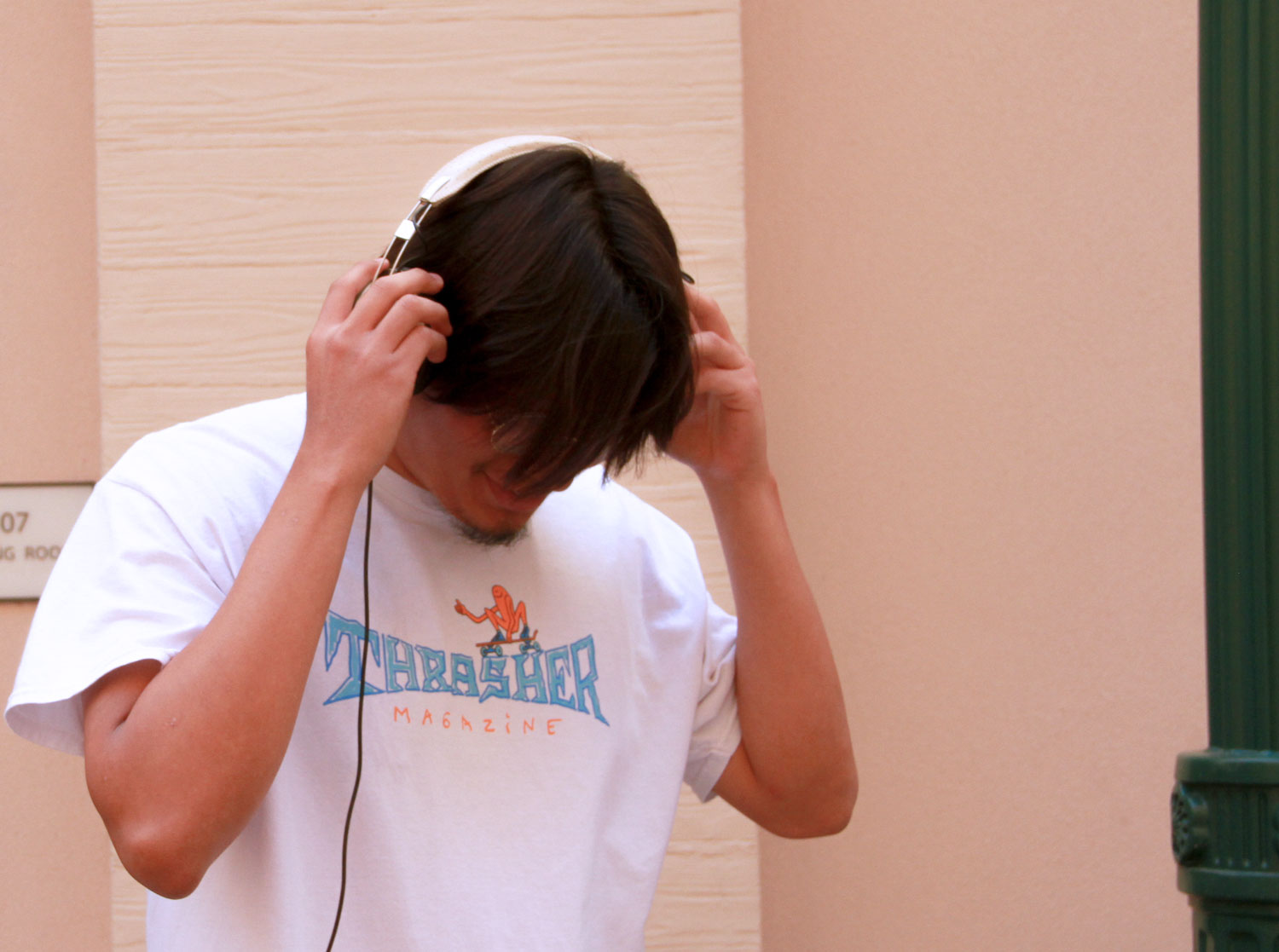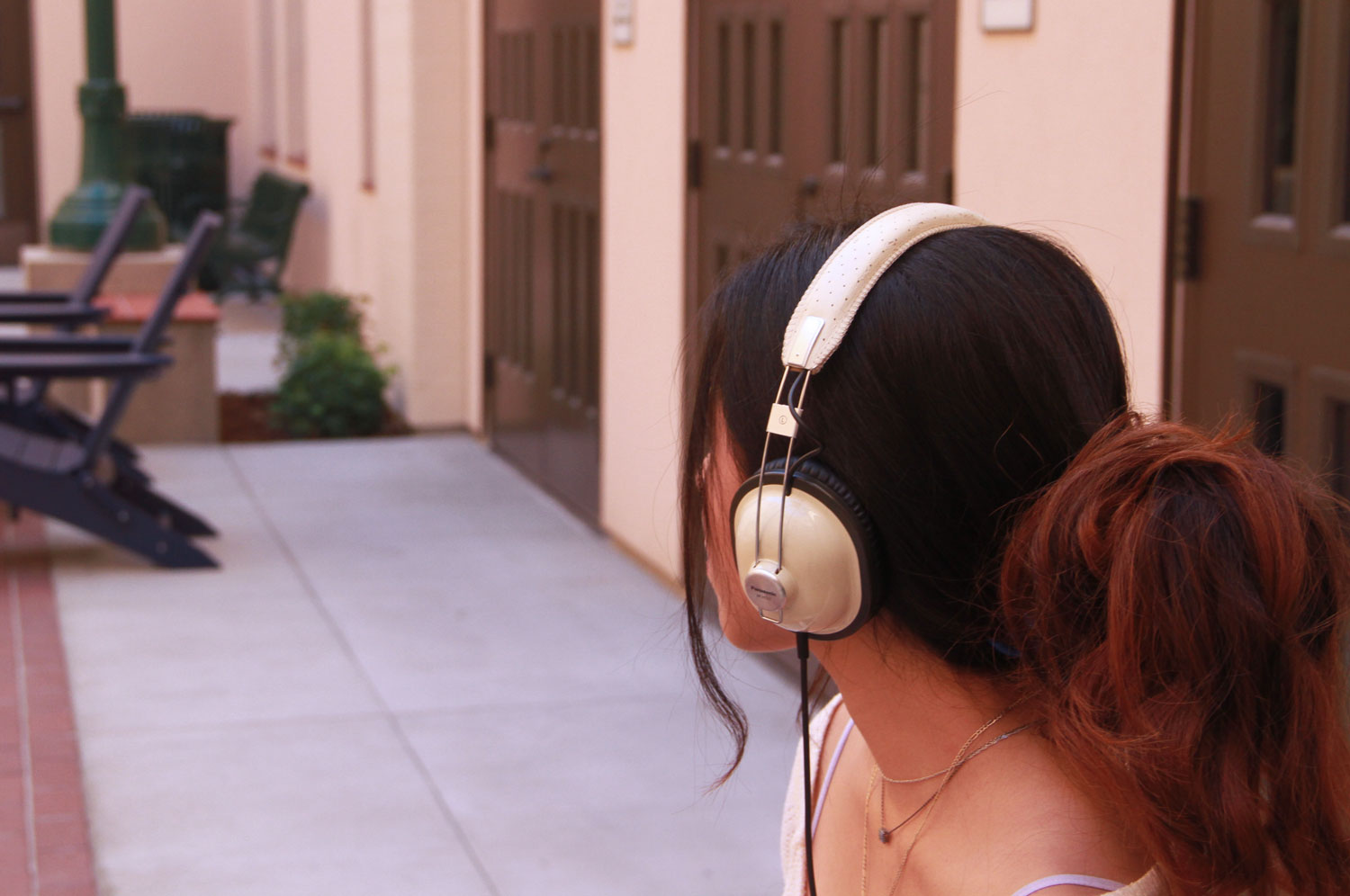Imagine yourself driving down an open road with all the windows down as you listen to your favorite artist. You’re just vibing, but can you remember the first time you heard that song? Was it your first date, the song someone dedicated just to you, or the song you share with that special someone?
Music has an emotional attachment for everyone and holds a deeper meaning. Music is a universal language, so when you listen to or play music, it brings people together. It attaches itself to old memories and emotions. It can also help us if we’re going through anything. Music is like a drug for your brain. It can trigger emotions and bring back memories you forgot you had. Music streaming makes up 84% of the U.S. music industry revenue and 81.6 million Americans are paid subscribers for music on demand, according to Musical Pursuits. Music is everywhere, there’s really no escaping it.

Fullerton College student and interior design major, Nikole Murray, says the song “All Summer Long” by Kid Rock makes her feel nostalgic for her past river trips with her friends. Your brain sees these as good experiences and repeats them so that your brain will release more dopamine.
Do you ever get the chills while music is playing or feel exactly what the song is saying? That’s called dopamine. Dopamine is a happy and natural chemical. Music starts in the brain, where it activates memories and emotions. According to Slate, our brains develop rapidly from ages 12-22, so these memories and emotions stick with us.
But not all music makes us feel so happy. Music can also lead to frisson, a French term meaning when you hear a specific piece of music that triggers a deep-seated memory and a subsequent emotional response. Molly, another Fullerton College Student who asked to only use her first name, says the song “Jealous” by Labrinth is hard for her to listen to because it makes her think of her father spending more time with her younger half-siblings than he did with her growing up as a child. Having an emotional attachment to music comes from our own experiences. Take the ‘Sour’ album by Olivia Rodrigo, for example. When you’re heartbroken, screaming the lyrics to any one of those songs off of the album feels a lot different than if you are in a happy relationship.

Along with being an escape, music is also a form of therapy. Debbie Sipos is a certified music therapist based in Thousand Oaks with a specialty certificate in neurology. Sipos states that music therapy is a systematic intervention where they use musical experiences in a therapeutic capacity to accomplish non-musical goals. One example of that is a 2-year-old client who never wanted to brush her teeth. Her parents would have to force her and they tried just about everything. That’s where Sipos came in. The 2-year-old loves to play the drums so they gave her two toothbrushes to bang on the table and Sipos sang to her the brush your teeth song. Within a few weeks, her client was finally brushing her teeth on her own.
There’s not one set style or one specific type of music that’s used by everyone; it depends on the patient’s needs. Take a look at it this way: if you were to get a drug prescribed to you it’s for your needs and conditions music therapy is the same way.
Just listening to music turns on 75-80% of the brain, but playing music, singing, or dancing activates 100% of the brain, according to Harvard Health. Music is so powerful and turns on every part of the brain, which is why it helps with learning. The reason is that human beings are innately rhythmic. At 14 weeks gestation, the first thing a fetus hears is its mother’s heartbeat.

Think about it, how did you learn the alphabet? It was taught to you in singsong in preschool or kindergarten.
When playing an instrument, it collects your energy and focuses on a positive activity that helps alleviate stress. Playing music is like working out; it improves memory and mental performance, according to Live Science. Music is so much more than sounds and words. It has more of an emotional connection to it, it brings people together and creates memories that’ll last a lifetime.
As stated by Sipos: “Humans are the only species who create music for the purpose of emotional expression.”
–
Check us on TikTok to see what students at Fullerton College feel when listening to certain songs!

